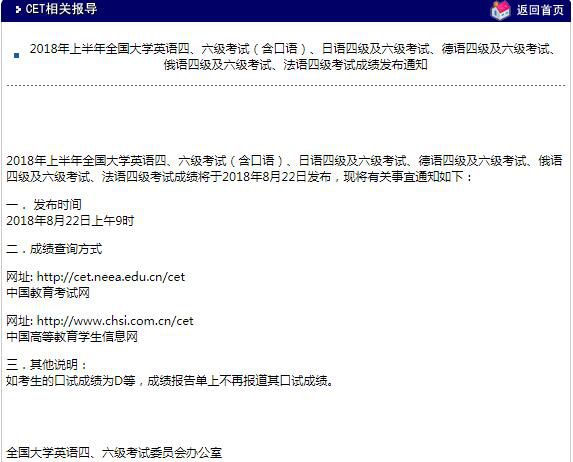IMF 'needs reform' to raise more funds
|
The International Monetary Fund (IMF) needs "substantial reforms" of its voting and governance structure to fulfill its ambitious agenda including expansion of lending resources, Chinese economists have said. The IMF has put forward a five-point agenda for the upcoming G20 summit in London on April 2 to bail out countries suffering from the worst post-Great Depression financial crisis. Despite Norway's commitment to contribute $4.5 billion, the IMF will face severe challenges unless there is "substantial" reform on voting rights and governance structure to bolster its credibility and pool more funds from emerging economies, the economists said. IMF Director-General Dominique Strauss-Kahn on Saturday outlined five key subjects on which the fund wanted to see progress at the London summit, in which leaders of developed and emerging economies are expected to discuss establishing a more constructive international monetary regime to resolve the crisis. Apart from cleaning up the financial sector, ensuring sustainable input of fiscal resources and helping crisis-hit emerging and low-income countries, Strauss-Kahn said the fund hoped to at least double its lending resources to more than $500 billion after Japan provided $100 billion in extra funding and the EU committed 75 billion euros. He welcomed Norway's commitment, adding: "We hope that other countries can now provide their own support to our efforts to restore stability to the global economy." China will take a constructive approach in helping the world recover from the financial crisis even if its quota in the IMF were not raised, said Wang Tao, UBS AG's head of China research and former IMF economist. "China would not be confrontational even if it has differences with such powers as the US," she said. "If other countries follow Norway's suit, China will definitely play its part in contributing to the fund." But the fund must adopt sweeping reforms so that the voices of developing countries are well heard, said Xiang Songzuo, chief economist of the Global Business and Finance Institute. In the current IMF voting framework, the EU has 32 percent and the US, 17 percent; compared with China's 3.7 percent and India's 1.9 percent. Major decision making at the agency requires at least 85 percent of the overall vote and, therefore, the US has a de-facto veto. "There are no signs that the US would give up its veto, but the IMF would have to reform the voting regime if it wants to win back lost confidence," he said. Norway's move may lead to more contributions from other countries, but the IMF still faces huge challenges in meeting its target of re-financing, said Dong Yuping, economist with the Institute of Finance and Banking of the Chinese Academy of Social Sciences. |








